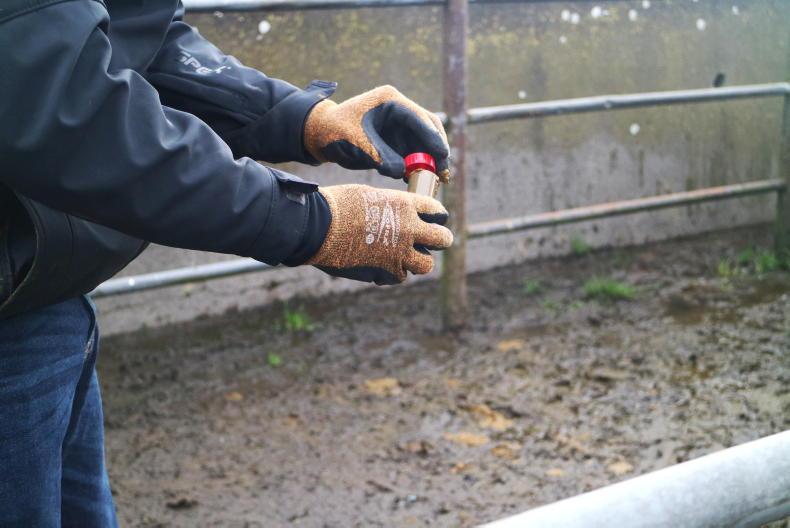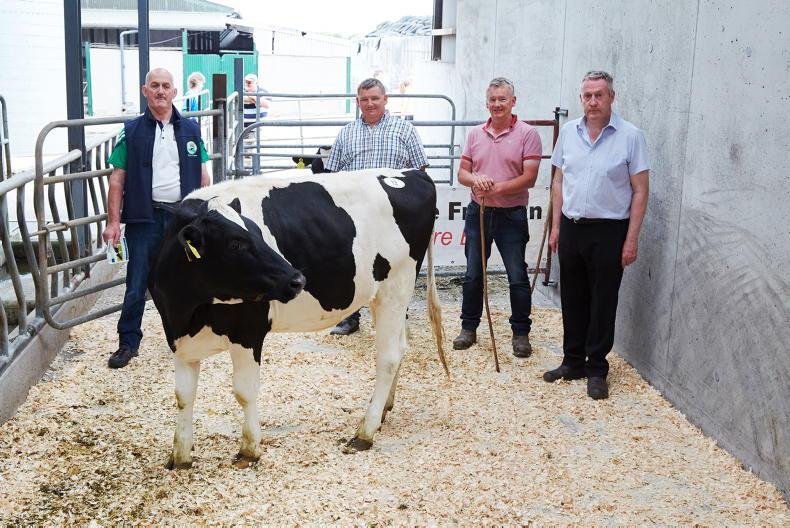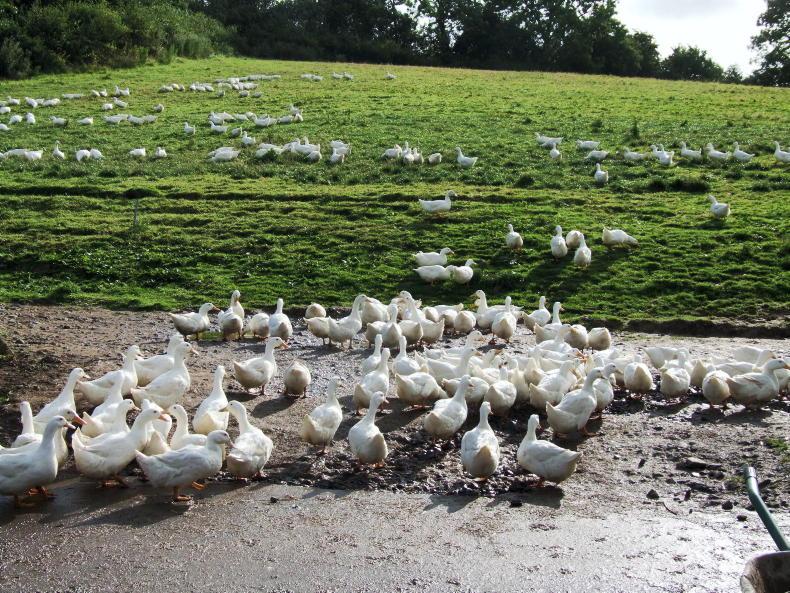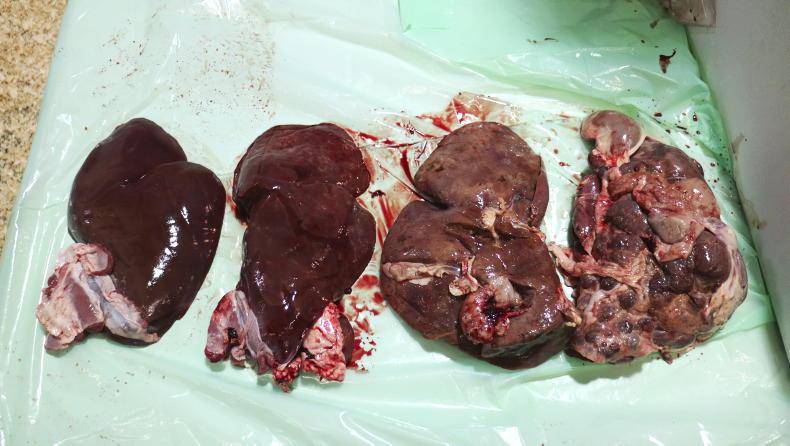Faecal sampling for liver fluke is one of the optional measures that is involved with the BEEP-S scheme. Farmers get paid €10 for every cow up to 100 cows. One sample pack does 10 cows, which is sufficient for this scheme.
1 Order a sample pack
The farmer must contact whichever lab they plan on sending their samples to and order a sample pack. The pack will contain 10 containers which will each hold 30ml of a sample.
A total of 10 samples must be taking from 10 different cows in order to comply with regulations. If a herd owner has fewer than 10 cows, they must sample the same cow twice to fill up the 10 samples.
2 Take a fresh sample
Sample collection involves taking a fresh dung sample from the cows you choose.
The best time of day for sampling is in the morning as dung will be fresh and cows could make manure while you’re ready to sample.
Try not to take a sample from an older piece of dung as eggs may have hatched already or dried up, this may lead to an inaccurate result from the lab.
The cow to which each sample belongs must be recorded by writing the tag number on the container and the farmer must record this for their own records in order to interpret the results.
3 Packing the sample
All sample containers should be placed in a ziplock bag which comes in the sample pack and then placed in a padded envelope for delivery. The samples can be posted or delivered by hand. If posting, you should clearly identify on the envelope that it is a biological sample.
The samples must not be posted from Thursday on or delays in post could mean that the results are compromised.
For best results, samples must be sent to the lab on the day of testing and should not be frozen, left in a fridge or left in direct sunlight.
4 Notification
The lab will notify the farmer and the Department of Agriculture of the results obtained, and it is up to you to implement action on your farm. The result will come back by text to the mobile phone number which you provided. Most commonly the result would be liver fluke positive/negative. Depending on which result you got, the text may suggest you consult your vet for more information.
A positive fluke reading would mean that you need to dose your cows for fluke which, depending on the area in the country you come from, could be normal practice after housing annually already. This year the samples must be submitted to a lab on or before 1 October. This is one month earlier than the 2020 deadline.
Samples must be sent to a Department of Agriculture approved laboratory. A list of approved labs can be found at www.agriculture.gov.ie









SHARING OPTIONS